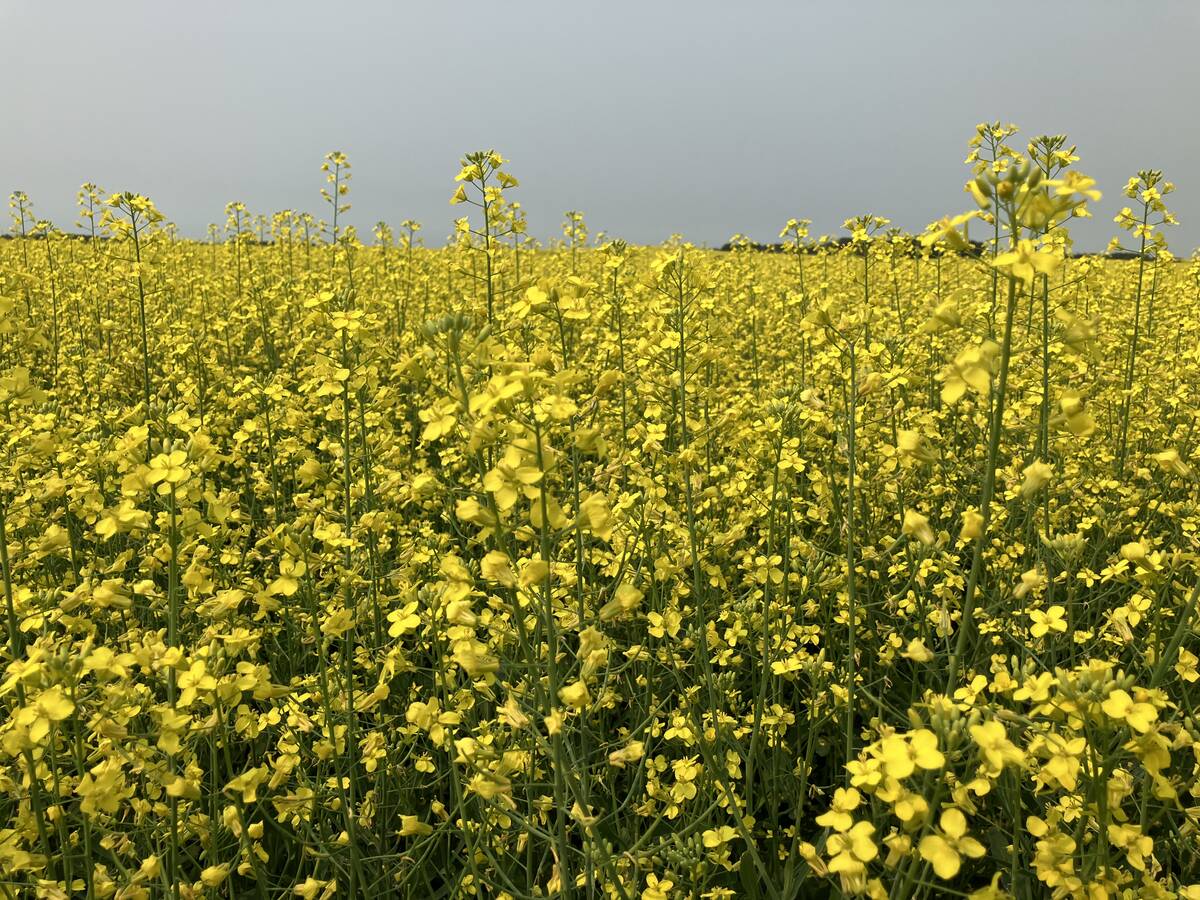BEIJING (Reuters) — Canadian canola will face new competition in China now that the Chinese government is allowing Russian imports.
A Chinese government authority said crushers can now import rapeseed from Russia through a border city in a move to help meet robust domestic demand for the oilseed.
Some 200,000 tonnes of rapeseed are expected to be imported this year via the inland city of Manzhouli, bordering Russia and China’s Inner Mongolia region, the Manzhouli government said.
China previously allowed imports of canola-rapeseed from only three countries: Canada, Australia and Mongolia. China is the top buyer of canola from Canada, the world’s top exporter.
Read Also

Canola used in only quarter of Canadian biofuel
Less than one-quarter of the biodiesel and renewable diesel used in Canada in 2024 was made from canola oil feedstock
Greater Chinese rapeseed imports from Russia on a sustained basis may also curb the growth of soybean purchases, but there is little chance of that happening in the near future because total rapeseed imports are far smaller than soy imports.
Manzhouli said the approval will benefit local farmers, more of whom are going to Russia to grow rapeseed and other crops.
China is expanding its farming interests beyond its borders to ensure sufficient food supplies because of limited land as the country urbanizes.
Domestic rapeseed production in China is unable to meet demand from crushers, who process the oilseed into edible oil and meal.
China’s rapeseed imports in 2013-14 are expected to hit a record 3.59 million tonnes, up 54 percent from 2012-13 but still far below its annual crushing capacity, which has hit six million tonnes per year this year, according to the China National Grain and Oils Information Centre.
Canada shipped about 2.7 million tonnes of canola to China in 2012-13.
















